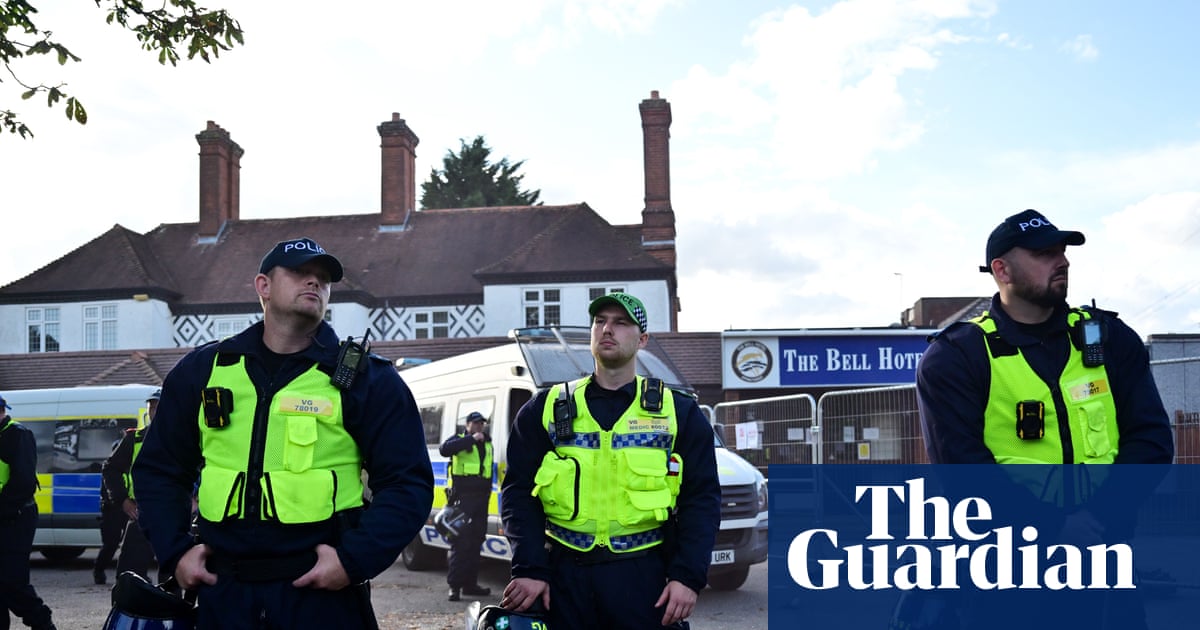T4K3.news
UK government warns of public unrest due to immigration
Angela Rayner highlights immigration and deprivation as key factors behind public dissatisfaction.

Angela Rayner highlights factors fueling public unrest and distrust in government.
Public discontent linked to immigration and deprivation in the UK
Angela Rayner, the deputy prime minister, expressed that increasing immigration and deprivation are key reasons behind public dissatisfaction with politicians. During a cabinet meeting, Rayner noted how spending more time online and feelings of isolation could contribute to social unrest. The concern follows last summer's riots in England, with the government now wary of potential renewed unrest as key anniversaries approach. Sir Keir Starmer’s spokesperson acknowledged that high levels of immigration, alongside cost-of-living challenges, have strained social cohesion in the UK. Rayner emphasized the need for a clear government plan to address these issues and build public trust.
Key Takeaways
"Economic insecurity, the rapid pace of de-industrialisation, immigration, and technological change were having a profound impact on society."
Rayner lists the multiple factors contributing to social unrest during a cabinet meeting.
"While Britain was a successful multi-ethnic, multi-faith country, the government had to show it had a plan."
This statement underscores the urgency for government action to address public concerns about immigration.
"Much of the UK is experiencing nothing short of societal collapse."
Nigel Farage's remarks highlight the severe perception of governance failures amid rising discontent.
"People have felt for years that governments have not delivered for them."
A government official’s statement reflects widespread frustration with political accountability.
Rayner's remarks reveal a troubled landscape for the UK government, where rising social tensions threaten stability. Her focus on both economic insecurity and social dislocation encapsulates deep-rooted issues exacerbated by high immigration levels. Officials are clearly concerned about rekindled unrest, particularly given the charged political environment where far-right groups exploit public anxieties. The challenge ahead is to weave together a cohesive social fabric while addressing the legitimate concerns of various communities. With notable arrests and public disorder in recent history, the government's approach must balance immediate action with long-term social strategies.
Highlights
- Immigration and deprivation are the roots of public discontent.
- People feel governments have not delivered their needs.
- Long-term social strategies are vital for community trust.
- Social unrest is closely linked to online isolation.
Concerns over political and social stability
The rising immigration levels and economic insecurity may lead to renewed social unrest and political backlash, particularly around sensitive anniversaries. Past disturbances underscore the potential for conflict in deprived areas.
The way forward demands urgent action to rebuild public confidence and address community needs.
Enjoyed this? Let your friends know!
Related News

Harriet Harman criticizes government transparency issue

Tory MP criticizes Starmer's handling of asylum seekers

Police unit to track anti-migrant posts

Civil servants accused of censoring immigration debate

Epping protests continue over asylum seekers

Trump and Starmer meet in Scotland for trade discussions

Epping protests lead to police violence

Reform UK warns of censorship under new Online Safety Act
